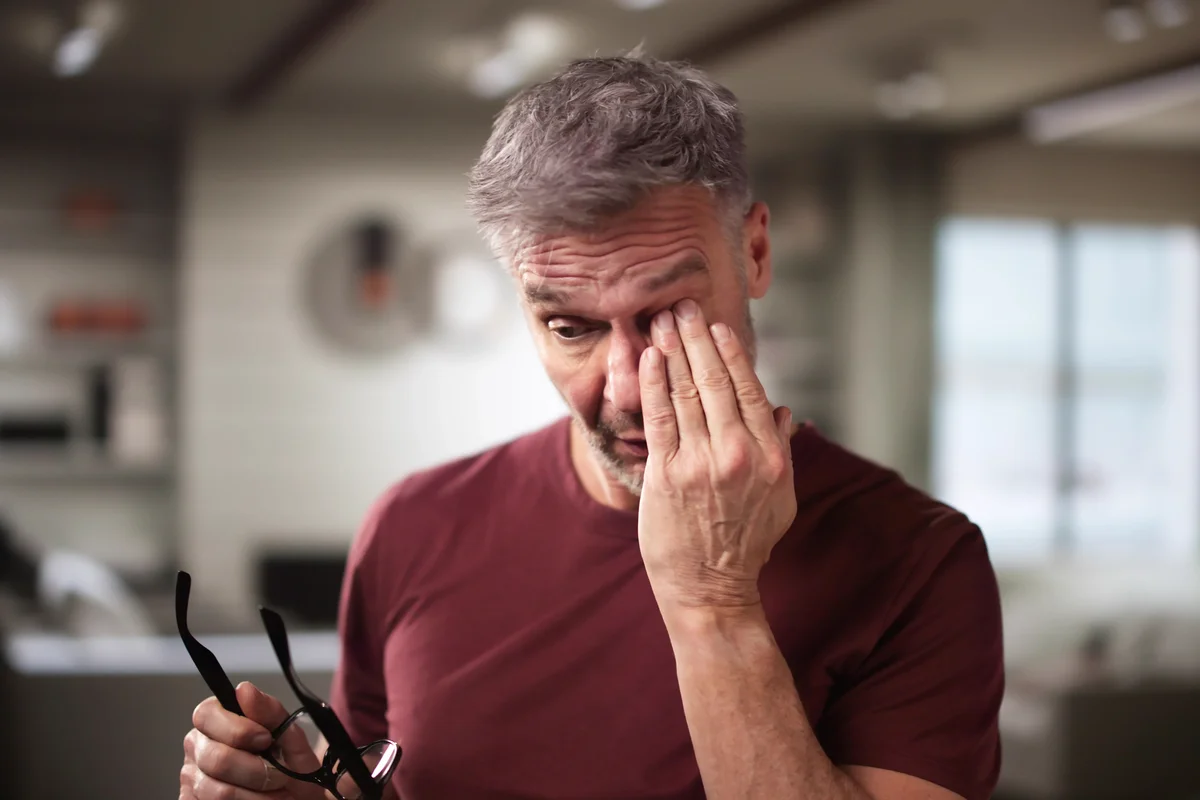By Julia Musto
Copyright independent

You have something in your eye and suddenly nothing else matters. The only thing that matters is getting it out.
Whether it’s a grain of sand, a folded up contact, or an eyelash, experts want you to know that there’s a right way to go about it.
And the right way does not mean digging your finger in there – unless you want to risk lasting damage. More than a third of the 2.4 million eye injuries in the U.S. each year are related to foreign objects, according to the American Academy of Ophthalmology.
“Anything that seems embedded in the eye, regardless of material, is risky to remove by yourself,” Shihij Takoo, an optometrist at University of Maryland Eye Associates, told USA Today.
An informed approach can help get the foreign object out safely, and without much hassle.
The safest bet for trying to get something out of your eye is to flush it out with Food and Drug Administration-approved eye drops or clean water.
“Use clean filtered water and a gentle flow over the affected eye to help flush the eye,” Dr. Roy Swanson, an ophthalmologist with Arizona’s Banner – University Medical Center, advised.
Continuous blinking can also help the object leave the eye. By blinking, the eye will produce natural tears, according to Massachusetts’s Longwood Eye & Lasik.
If none of this does the trick, apply a warm compress to the affected eye or use a cotton swab soaked in saline solution to gently touch the object and remove it. Just make sure to wash your hands before you do.
Do not attempt to remove the object with the cotton swab if it’s on the iris, or the colored part of the eye. And, don’t use one if the object is stuck to the cornea – the clear, rounded layer of tissue over the iris and pupil.
“Touching this area could damage … the cornea, causing a painful scratch,” Pennsylvania optometrist Dr. Lisa M. McDevitt warns.
Most scratches are usually not permanent, but deeper or infected ones can lead to vision loss, according to Harvard Health.
Also, don’t rub or press on your eye. Attempting to force the object out risks further damage of losing it deeper in the eye.
If you are having vision problems or if the object is glass, metal, or has penetrated the eye, removing the object yourself isn’t a good a idea. Call an optometrist or go to an emergency room.
If you have chemicals in your eye, flush it with water for 15 minutes and then seek professional help, glasses maker Warby Parker notes. But be sure to rinse the impacted eye in the opposite direction from the one that is unharmed.
If you can help it, don’t put yourself into this position by wearing sunglasses or protective eyewear when taking part in activities where there may be debris or material in the air.
“If you’re working in an environment with flying debris, chemicals, hand tools or power tools, wear eye protection in the form of safety glasses, goggles or face shields,” Swanson said.
Also keep a clean space, follow proper contact lens care, and be cautious when applying eye makeup. Mascara can harbor bacteria that negatively impacts eye health and people who wear it should replace their tube every three months, according to cosmetics brand Laura Mercier.



